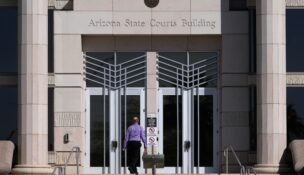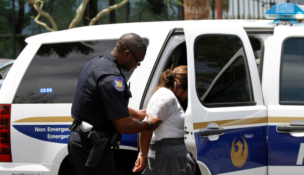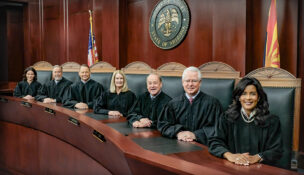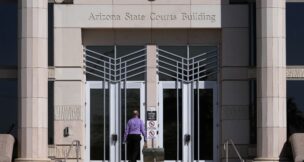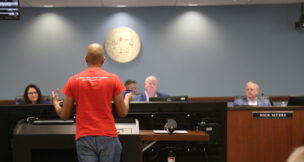Judge sets ‘dreamers’ driver’s license hearing for January 20
Howard Fischer, Capitol Media Services//December 19, 2016//
Judge sets ‘dreamers’ driver’s license hearing for January 20
Howard Fischer, Capitol Media Services//December 19, 2016//
A federal judge has rebuffed efforts by the Ducey administration to put off until after Donald Trump takes office a challenge to its policy of denying driver’s licenses to some...






